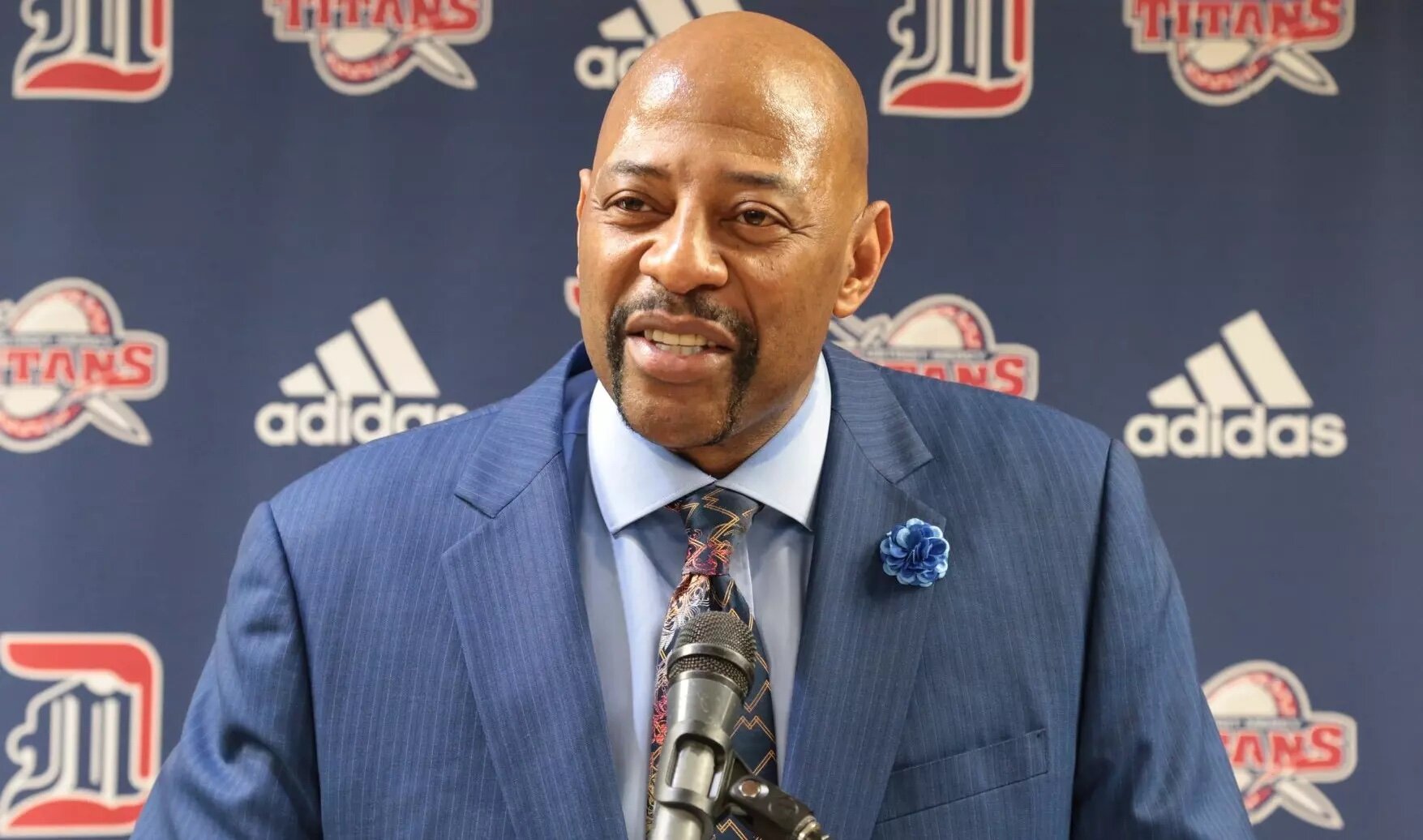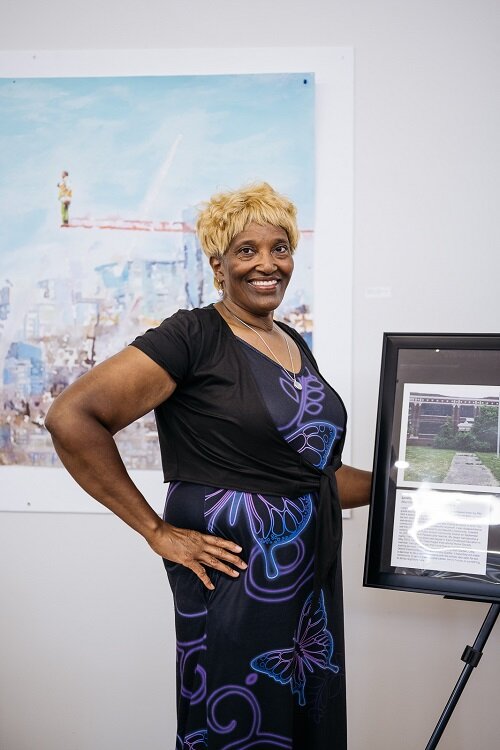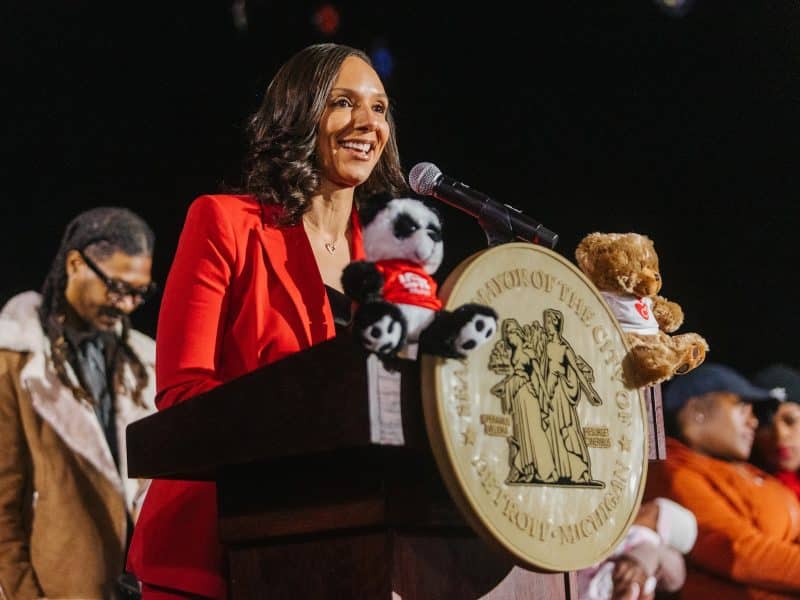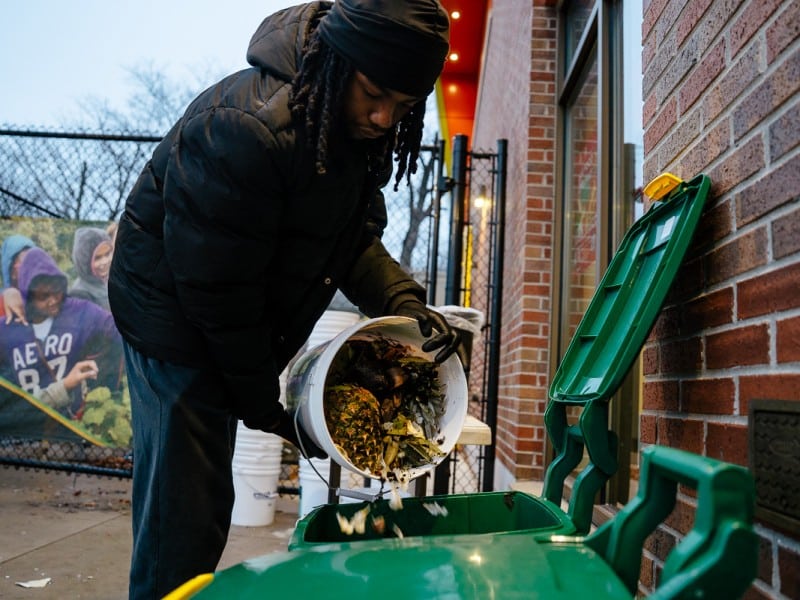Why one woman wants to rename an eastside basketball court for ex-Piston Earl Cureton
When Powell closes her eyes, she sees an indoor court where neighborhood kids can go and play, without being at the mercy of Michigan’s unpredictable weather. regardless of the weather and that can be used for other community events when games are not played. It would be a place where people come together and feel welcome.
Loretta Powell wants to ensure that kids in her community have a place to call their own, where they can play and form the types of bonds you can only make in childhood. That is why she made it her mission to get a new basketball court built in the West End neighborhood, on Detroit’s East Side, and she wants it dedicated to a special former Detroit Piston.
Earl Cureton, who passed away earlier this year, only spent four of his 27 years in the NBA playing in Detroit, but never forgot where came from. While he may not have the same name recognition as Isiah Thomas or Joe Dumars, he had an impact in Motown.
In 2013, he became the community ambassador for the Detroit Pistons and spent those years championing community youth programs and getting local parks, gyms, and recreation centers revitalized in the city.
His years of service to the city are why Powell, a preschool teacher who currently lives across from Cureton’s old middle school, wants the basketball court named after him, and is currently seeking out funding for her project.
She first met Cureton when she took her class to Grand Prix Night at the Palace of Auburn Hills in 2014. He talked to Powell and her students while the kids rode tricycles, one on of the Grand Prix-themed activities. She was impressed with his work and continued connection to the neighborhood.
“He was very friendly and entertaining with the kids,” Powell says.
Now that he has passed, she is working to continue that legacy because she believes the children in her neighborhood need a place to go and socialize and stay fit or get into shape. She points out the neighborhood has a problem with obesity and diabetes.
However, there is something else she thinks is even more important. She wants the kids to see people from her neighborhood succeed.
“I do this so I can help these children become who God wants them to be,” says Powell, who has noticed a real lack of belief in the future at her school. She found too many children unhappy.
“You are children, you should be happy,” she says.
Powell believes the problem is the result of Detroit’s funding problems in past decades. “They forgot us for 40-50 years,” she says.
Places like Powell is fighting to create are exactly what worked for Cureton.
He started playing basketball at the no-longer-standing Brewer Recreational Center, which was right next to his alma matter, the closed-down Joy Middle School.
It was not just access to a court that helped Cureton.
Charles Walker, a childhood friend, played basketball with Cureton at Brewer and then later as a rival when they attended different high schools. While they eventually lost touch, occasionally talking at a Pistons game, Walker heard of Cureton’s charitable work.
“(Cureton was) a good individual in the neighborhood,” Walker says.
He believes Cureton’s sense of civic engagement began at the recreation center, which also had an indoor pool and places to take classes. It was where the neighborhood went to be a community.
“A lot of rec centers were an outlet for kids to go and have something suitable to do,” Walker says.
While aiming solely for a basketball court, Powell wants that exact same kind of engagement for her neighborhood. While a few years younger than Cureton and Walker, she remembers that era of the neighborhood fondly, how the community rallied around recent widows, and how the neighborhood really felt connected.
Powell is no stranger to community work. She proudly refers to herself as “a Black farmer,” when she speaks of her community garden. She and her neighbors have worked to repair and rehab the neighborhood as best as they could with their resources.
She has been a part of ARISE! Detroit’s annual Neighborhood’s Day for years where she provides fun activities for local kids. That was when she last interacted with the Pistons, and they donated basketballs for her to give away.
Afterwards, she took the remaining basketballs to where the kids currently play, Hutchinson Elementary School on Montclair. A court she describes as old and raggedy and not able to provide what the community needs.
“As I was driving off all six of them were bouncing their balls and throwing the balls into the hoop,” Powell says. “That made my day.”
She is planning to fund the court through Wayne County Metropolitan Action Agency (WCMAA) and other sponsorships for funding.
She knows how to get things done and already has reached out to the Pistons for help in her crusade, hoping to get their name behind the project. Time of writing, she is waiting to hear back.
Along with the WCMAA and The Pistons Organization, Powell has used sponsors like Eastside Community Network, Detroit Black Farmer Land Fund, Savealot and Rocket Mortgage to sponsor her neighborhood projects.
When Powell closes her eyes, she sees an indoor court where neighborhood kids can go and play, without being at the mercy of Michigan’s unpredictable weather. regardless of the weather and that can be used for other community events when games are not played. It would be a place where people come together and feel welcome.
That is the ideal court, but she believes even a simple outdoor court would have a major impact on the community.
Powell has never given up on her city or her neighborhood. Even through the bad times, the turnaround in recent years has made her proud and optimistic. She just wants to use every avenue possible to get those resources working in her neighborhood and its next generation.






